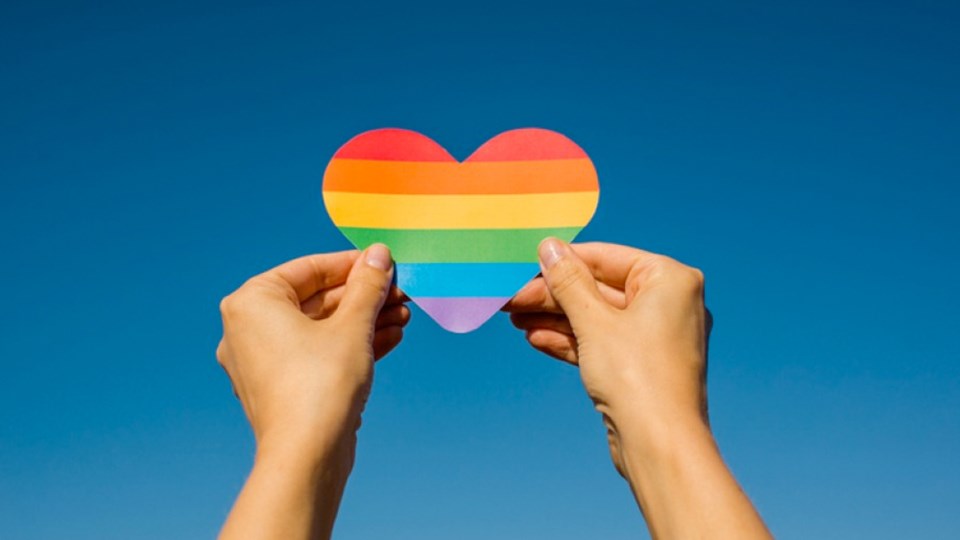In January 2022, legislation came into effect which makes it illegal in Canada to promote, advertise or profit from providing “conversion therapy,” or to subject a person, consenting or not, to “conversion therapy.”
The new guidelines – passed unanimously in both the House of Commons and the Senate – arrived after months of discussions at the federal and provincial levels.
The concept of “conversion therapy” suggests that individuals who identify themselves as lesbian, gay, bisexual, trans, gender diverse, queer, and Two-Spirit (LGBTQ2+) can be “converted” into heterosexuals through psychological or spiritual intervention. This practice has been banned in several European countries and in 20 American states.
Research Co. and Glacier Media have asked Canadians about issues affecting the LGBTQ2+ community for the past four years. We revisited some of these questions earlier this month and found a public that is supportive of the recently enacted nationwide ban on “conversion therapy.”
Across the country, 62 per cent of Canadians agree with the legislation that effectively forbids “conversion therapy” on Canadian soil, while 21 per cent disagree and 17 per cent are undecided. This represents a five-point increase since 2020, when 57 per cent of Canadians expressed a desire to “definitely” or “probably” enact a ban on this practice.
Public support for the new legislation is slightly stronger among Canadians aged 18 to 34 (65 per cent) and aged 55 and over (64 per cent) than among those aged 35 to 54 (57 per cent). Canadians who voted for the Liberal Party and the New Democratic Party (NDP) in the 2021 federal election are more likely to agree with the decision to ban “conversion therapy” (70 per cent and 71 per cent respectively) than those who voted for the Conservative Party (57 per cent).
Most Canadians continue to regard “conversion therapy” as a myth. A majority (57 per cent, up two points since 2020) believe that individuals who identify themselves as LGBTQ2+ cannot be “converted” into heterosexuals through psychological or spiritual intervention – a proportion that rises to 60 per cent among women, 63 per cent among Canadians aged 55 and over and 69 per cent in Atlantic Canada.
While the survey shows significant majorities of Canadians identifying the erroneous nature of “conversion therapy” and agreeing with the nationwide ban, the numbers have not moved dramatically when it comes to understanding the LGBTQ2+ community as a whole.
This year, more than two in five Canadians (42 per cent, up three points) think people who identify as LGBTQ2+ are “born,” while 28 per cent (unchanged) state that they are “choosing” and 33 per cent (up two points) are not sure.
There are some noteworthy gender and age differences. Men are more likely to assume that LGBTQ2+ is a choice (32 per cent) than women (24 per cent). Canadians aged 18 to 34, who have grown up in a time of substantial debate about identity and accommodation, are slightly more likely to say that LGBTQ2+ is a choice (30 per cent) than their counterparts aged 35 to 54 (27 per cent) and aged 55 and over (26 per cent).
The biggest fluctuations on this question are political. A majority of Canadians who voted for the New Democrats in the 2021 federal election ticked the “born” option, along with 46 per cent of those who cast ballots for the Liberal Party. Among those who supported Conservative Party candidates, the proportion drops to 34 per cent.
While the group that assumes that LGBTQ2+ identity is a choice is small at the national level, its proponents climb to 32 per cent among men, 30 per cent among those aged 18 to 34 and 36 per cent among those who voted Conservative in 2021.
Another question that we track is related to the legal recognition of same-sex partnerships. Almost 17 years after same-sex marriage became legal in Canada, there is remarkable consistency on the way the population feels. Two-thirds of Canadians (66 per cent, down one point) believe that same-sex marriage should continue. We still see about one in five Canadians who would prefer to see same-sex couples forming civil unions (12 per cent, unchanged) or not having any kind of legal recognition (10 per cent, unchanged).
With a Conservative Party leadership race underway, there will be plenty of opportunities for candidates to address moral issues. Very vocal components of the Official Opposition have expected action for years on matters such as abortion. Still, if a leadership contender chooses to take an extreme position on LGBTQ2+ issues, the stance would prove unpopular and counterproductive.
There may have been a time when catering to fear would bring more followers to centre-right parties in Canada. While Conservative voters are more skeptical about some of these questions, clear majorities do not feel that same-sex marriage or “conversion therapy” are laws that should be challenged in 2022.
Mario Canseco is president of Research Co.
Results are based on an online study conducted from April 16 to April 18, 2022, among 1,000 adults in Canada. The data has been statistically weighted according to Canadian census figures for age, gender and region. The margin of error, which measures sample variability, is plus or minus 3.1 percentage points, 19 times out of 20.






